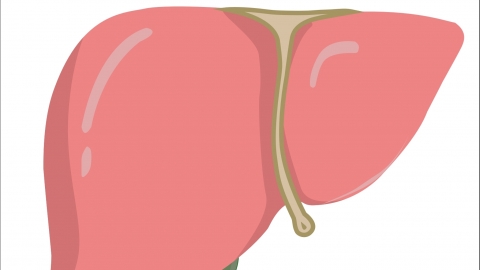Can patients with cholecystitis not eat too much?
Generally, patients with cholecystitis should not eat large amounts of food and need to strictly control their portion sizes. The specific analysis is as follows:

The primary reason cholecystitis patients must strictly control food intake is that overeating increases the burden on the gallbladder. The main function of the gallbladder is to store and concentrate bile; after eating, the gallbladder contracts to release bile for digestion. Excessive food intake, especially high-fat and high-protein foods, can trigger prolonged and intense gallbladder contractions, potentially causing gallbladder spasms and resulting in abdominal pain or other symptoms. Additionally, excessive food prolongs digestion time, keeping the gallbladder in an active state for extended periods, which hinders recovery from inflammation and may even exacerbate the inflammatory response. Moreover, chronic overeating may lead to obesity, a significant risk factor for cholecystitis, further increasing the likelihood of recurrence.
In daily diet management, it is important to eat small meals frequently and avoid consuming large quantities of food at once. Choose light, easily digestible foods and reduce intake of high-fat and high-cholesterol items. Chew food slowly and thoroughly to help reduce digestive strain. If discomfort such as abdominal pain or bloating occurs after eating, adjust food portions promptly and consult a doctor to prevent worsening symptoms.







